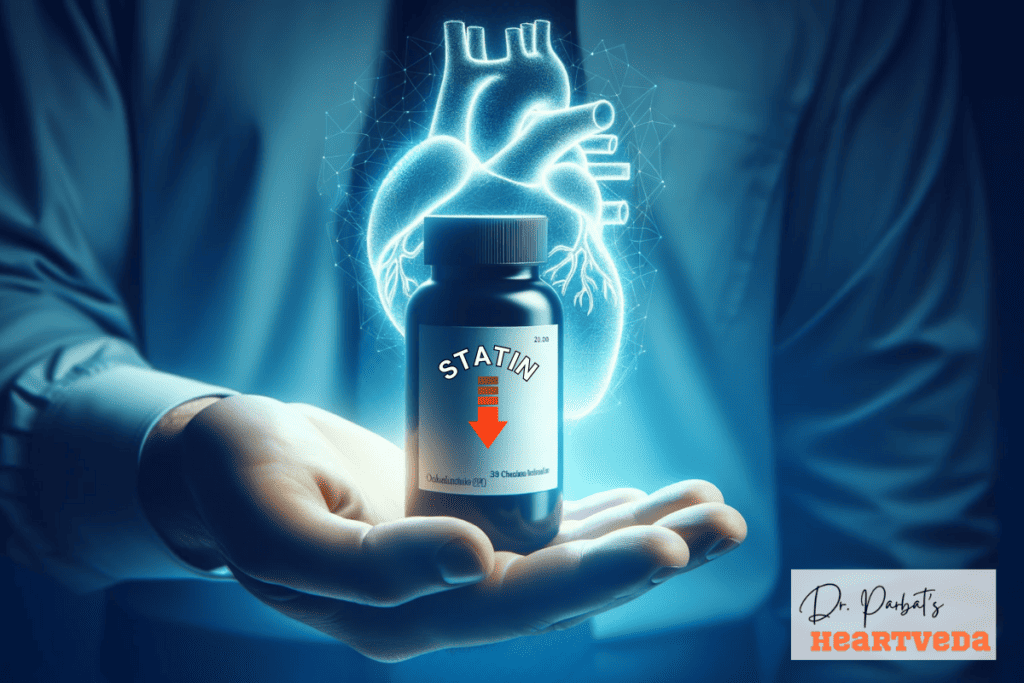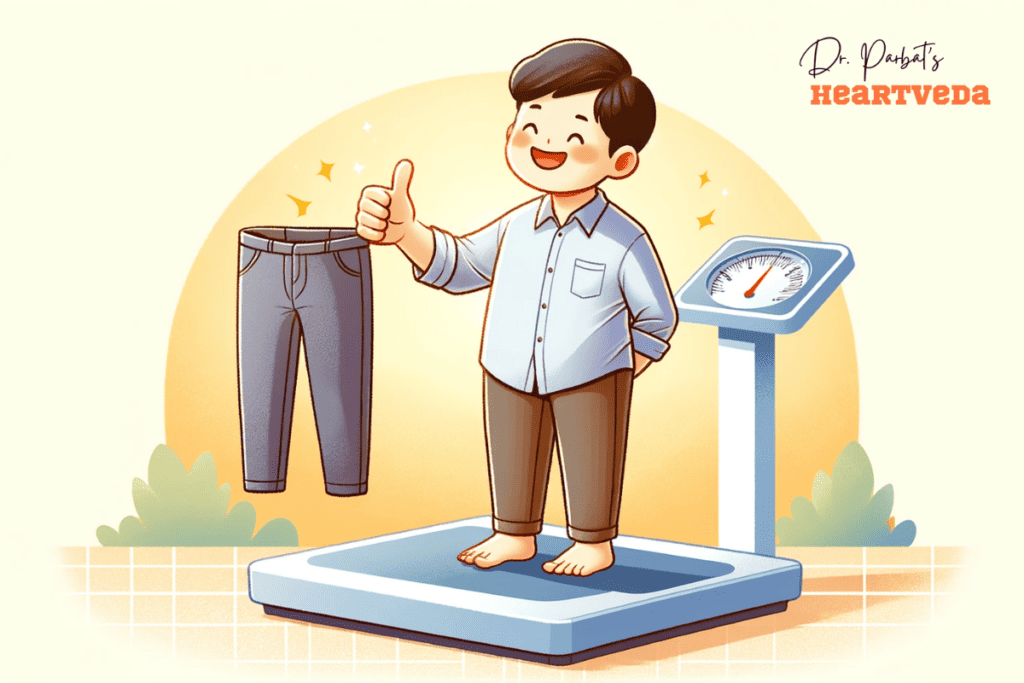
If diet and exercise aren’t enough to lower your cholesterol, you may need to take medication. High cholesterol levels can increase your risk of heart disease and stroke, so it’s important to know when medication is necessary.
Cholesterol medications can help manage your cholesterol levels by decreasing LDL cholesterol (the “bad” cholesterol), decreasing triglycerides, and increasing HDL cholesterol (the “good” cholesterol). Your doctor may suggest a single drug or a combination of medications, depending on your specific needs.
When should you consider taking medication for cholesterol? If you have high cholesterol levels despite making lifestyle changes, medication may be necessary to bring your levels under control. It’s important to discuss the benefits and possible side effects of each medication with your doctor to determine the best option for you.
The Benefits and Side Effects of Statins
Statins are a common class of cholesterol medications that can have significant benefits for your heart health. These medications work by decreasing LDL cholesterol and triglyceride levels, while also slightly increasing HDL cholesterol, which is often referred to as the “good” cholesterol.
Some of the common statins prescribed by doctors include:
- Atorvastatin (Lipitor)
- Fluvastatin (Lescol XL)
- Lovastatin (Altoprev)
- Pitavastatin (Livalo)
- Pravastatin (Pravachol)
- Rosuvastatin (Crestor)
- Simvastatin (Zocor)
While statins can be highly effective in managing cholesterol levels, it’s important to be aware of their potential side effects. Some individuals may experience muscle pain, increased blood sugar levels, constipation, nausea, diarrhea, stomach pain, cramps, or elevation of liver enzymes while taking statins. However, it’s essential to note that not everyone will experience these side effects, and they are generally well-tolerated by most individuals.
To ensure your safety and optimize the benefits of statin therapy, it’s crucial to discuss any concerns or potential side effects with your doctor. They can provide personalized advice and guidance based on your specific health condition and medical history. Regular monitoring of your cholesterol levels will also help your doctor determine the effectiveness of the statin medication and any necessary adjustments to your treatment plan.
Remember, statins are just one part of a comprehensive approach to managing your cholesterol levels and promoting heart health. Lifestyle modifications, such as adopting a heart-healthy diet, engaging in regular physical activity, maintaining a healthy weight, and avoiding tobacco use, are equally important in achieving optimal cholesterol levels.
| Benefits of Statins | Side Effects of Statins |
|---|---|
|
|
Other Classes of Cholesterol Medications
In addition to statins, there are other classes of cholesterol medications available to help manage and lower your cholesterol levels. These medications work in different ways and may be used in combination with other treatments or as alternatives to statins. Here are some of the other classes of cholesterol medications:
Cholesterol Absorption Inhibitor
A cholesterol absorption inhibitor, such as ezetimibe (Zetia), helps decrease LDL cholesterol and slightly decrease triglycerides while increasing HDL cholesterol. It works by blocking the absorption of cholesterol from the diet in the intestines.
PCSK9 Inhibitors
PCSK9 inhibitors, such as alirocumab (Praluent) and evolocumab (Repatha), are typically reserved for people with genetic conditions that cause high cholesterol or those who cannot tolerate statins. These medications work by targeting a protein in the liver that helps regulate cholesterol levels, resulting in lower LDL cholesterol.
Citrate Lyase Inhibitors
Citrate lyase inhibitors, like bempedoic acid (Nexletol), are a newer class of cholesterol medication that helps decrease LDL cholesterol. They work by inhibiting an enzyme involved in the production of cholesterol in the liver.
Bile Acid Sequestrants
Bile acid sequestrants, such as cholestyramine (Prevalite) and colesevelam (Welchol), help decrease LDL cholesterol and may slightly increase HDL cholesterol. These medications work by binding to bile acids in the intestines, preventing their reabsorption and increasing the elimination of cholesterol.
Combination Cholesterol Absorption Inhibitor and Statin
Combination medications, like ezetimibe-simvastatin (Vytorin), include both a cholesterol absorption inhibitor (ezetimibe) and a statin (simvastatin). These medications provide dual action by decreasing both the absorption and production of cholesterol, resulting in lower LDL and triglyceride levels while increasing HDL cholesterol.
Combination Calcium Channel Blocker and Statin
Combination medications, such as amlodipine-atorvastatin (Caduet), combine a calcium channel blocker and a statin. These medications are primarily used to manage both high cholesterol and high blood pressure. They work by reducing cholesterol production and relaxing blood vessels, leading to lower LDL and triglyceride levels and improved blood pressure control.
It’s important to discuss these different classes of cholesterol medications with your doctor to determine the most appropriate option for your cholesterol management. They will consider your specific cholesterol profile, medical history, and any other medications you may be taking to create a personalized treatment plan.
Who Needs Cholesterol-Lowering Medication?
Cholesterol-lowering medication plays a vital role in managing your cholesterol levels and reducing the risk of heart disease and stroke. The decision to prescribe medication is based on several factors, including your cholesterol levels and overall health risks.
If you have already experienced a heart attack or stroke, or if you have peripheral arterial disease, your doctor may recommend cholesterol-lowering medicine to prevent further cardiovascular events.
Furthermore, if your LDL cholesterol level is 190 mg/dL or higher, medication may be necessary to bring it down to a healthier range. High levels of LDL cholesterol can contribute to the development of arterial plaques, which can lead to heart attacks and strokes.
If you are between the ages of 40 and 75 and have diabetes, along with an LDL cholesterol level of 70 mg/dL or higher, you may also require cholesterol-lowering medication. Diabetes can increase your risk of developing heart disease, and managing your cholesterol levels is crucial in preventing complications.
Additionally, individuals who are between 40 and 75 years old, without diabetes but with a high risk of heart disease, and an LDL cholesterol level of 70 mg/dL or higher may benefit from cholesterol-lowering medicine. These medications can significantly reduce the risk of future heart-related events.
When discussing your personal health history and risk factors with your doctor, it’s essential to provide detailed information to determine if cholesterol-lowering medication is necessary for you. Together, you and your healthcare provider can create an individualized treatment plan to effectively manage your cholesterol levels and protect your heart.
Lifestyle Changes as the First Step
Before considering medication for cholesterol treatment, it’s important to focus on making lifestyle changes. By incorporating a heart-healthy diet, regular exercise, and weight loss if needed, you can effectively lower your cholesterol levels and reduce the risk of heart attacks and strokes.
A heart-healthy diet plays a crucial role in cholesterol management. Opt for foods low in saturated fats, such as lean meats, poultry, and fish, while increasing your intake of foods rich in omega-3 fats like salmon, walnuts, and flaxseeds. Additionally, incorporate soluble fiber into your diet by consuming fruits, vegetables, and whole grains.
Regular exercise is key to maintaining a healthy cholesterol level. Aim for at least 30 minutes of moderate-intensity exercise, such as brisk walking or cycling, on most days of the week. Not only does exercise help increase your HDL cholesterol (the “good” cholesterol), but it also aids in weight loss and promotes overall cardiovascular health.
If you are overweight or obese, losing excess weight can have a significant impact on your cholesterol levels. Shedding even a small amount of weight can lead to improvements in your cholesterol profile. Consider consulting a healthcare professional or a registered dietitian to establish a personalized weight loss plan tailored to your needs and goals.
Implementing and maintaining these lifestyle changes is important even if your doctor prescribes medication for cholesterol management. Lifestyle modifications can enhance the effectiveness of the medication and possibly allow for a lower dosage, reducing the risk of potential side effects.
Remember, consistency and commitment are key when it comes to lifestyle changes. Discuss any challenges or concerns you may have with your doctor, who can provide additional guidance and support throughout your cholesterol treatment journey.

| Lifestyle Changes | Benefits |
|---|---|
| Heart-healthy diet |
|
| Regular exercise |
|
| Weight loss |
|
Medications for Cholesterol Management
If lifestyle changes alone are not sufficient to lower cholesterol levels, medication may be prescribed. The most common cholesterol-lowering medication is statins, which reduce the production of cholesterol in the liver. Other medications include ezetimibe, which helps reduce cholesterol absorption; bile acid-binding drugs, which remove cholesterol from the bloodstream; fibrates, which lower triglycerides; niacin, which improves lipoprotein levels; omega-3 fatty acid ethyl esters, which decrease triglycerides; PCSK9 inhibitors, which lower LDL cholesterol; and ACL inhibitors, which further lower LDL cholesterol in combination with statins and lifestyle changes.
It’s important to discuss the benefits, potential side effects, and interactions of these medications with your doctor to find the most appropriate treatment option for you.
Conclusion
Managing your cholesterol levels requires a comprehensive approach that combines medication and lifestyle changes. While medication can effectively lower cholesterol levels, it is important to complement it with healthy lifestyle choices for long-term cholesterol management and overall well-being.
A heart-healthy diet, regular exercise, weight loss, and quitting smoking are key lifestyle changes that can significantly improve your cholesterol levels. By adopting a diet low in saturated fats and high in omega-3 fats and soluble fiber, you can reduce your LDL cholesterol and triglyceride levels. Engaging in regular physical activity and shedding excess weight can also have a positive impact on your cholesterol profile.
Working closely with your doctor is crucial to finding the right balance between medication and lifestyle changes. They can provide guidance on the most appropriate cholesterol treatment for your specific needs. By following their recommendations and monitoring your cholesterol levels regularly, you can achieve optimal results and reduce your risk of heart disease and stroke.
Remember, managing your cholesterol is a lifelong journey. By taking proactive steps to manage your cholesterol levels through a combination of medication and lifestyle changes, you are investing in your health and well-being for the long term.
Key Takeaways
- If diet and exercise are not enough to lower your cholesterol, medication may be necessary.
- Cholesterol medications can help decrease LDL cholesterol, triglycerides, and increase HDL cholesterol.
- Your doctor may suggest a single drug or a combination of medications.
- Discuss the benefits and possible side effects of each medication with your doctor.
- If you have high cholesterol despite lifestyle changes, medication may be necessary.
